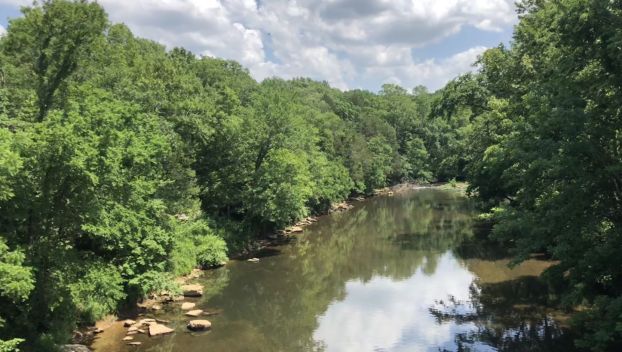
News
Gasper River fish kill spurs water safety concerns
During Memorial Day weekend, residents along the Gasper River discovered numerous dead fish washing up onto banks and ... Read more

During Memorial Day weekend, residents along the Gasper River discovered numerous dead fish washing up onto banks and ... Read more
The city of Bowling Green and Warren County stormwater management programs have been awarded $10,000 from the General ... Read more